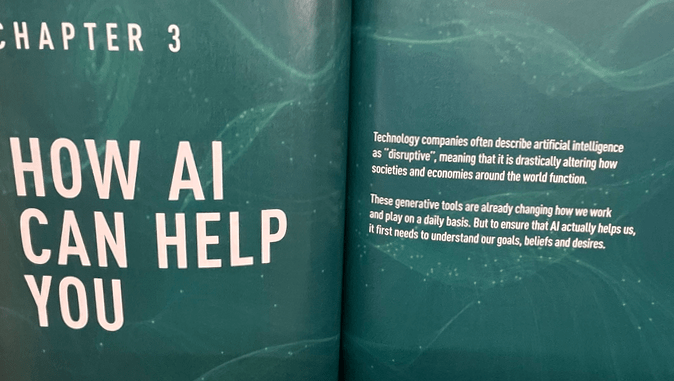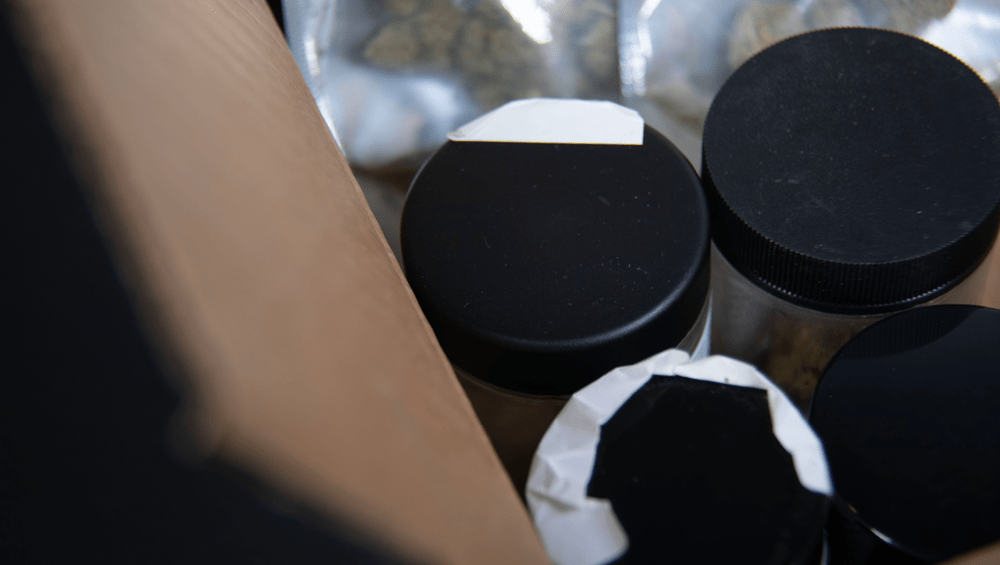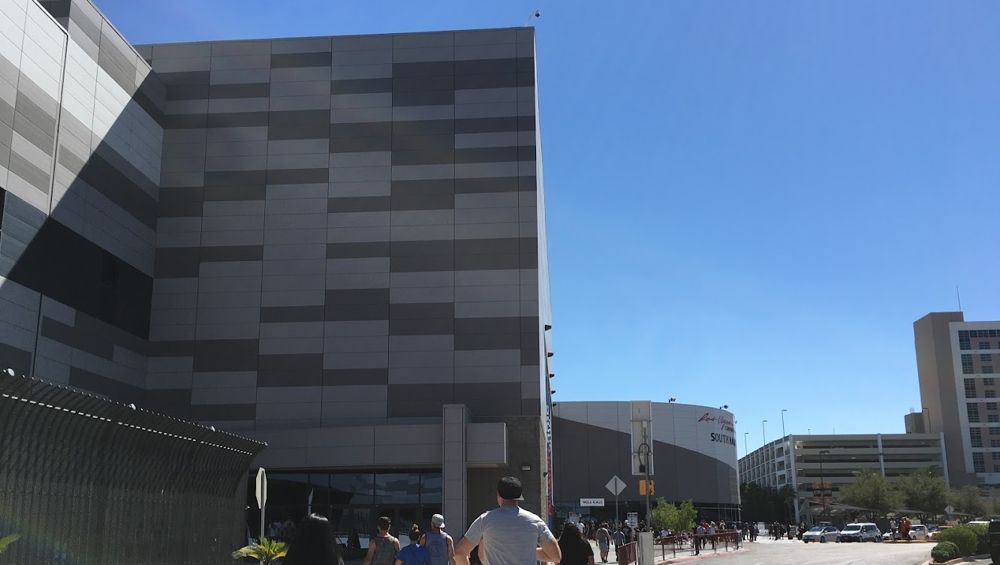As the cannabis industry grows more competitive and regulated, distributors are adopting technological innovations—specifically AI and automation—to stay ahead. This blog explores the evolution of smart cannabis logistics and how AI is reshaping the way cannabis moves from warehouse to dispensary.
Demand Forecasting & Inventory Optimization
In an industry with perishable goods and complex regulations, accurate forecasting is essential. AI-powered systems analyze historical sales, seasonality, external factors (e.g. weather or holidays), and real‑time dispensary demand to dynamically adapt inventory levels. Early adopters in supply chain automation have seen 15 % lower costs, 35 % less inventory, and 65 % better service. Automated reordering also ensures timely restocks, reduces out‑of‑stock events, and prevents overproduction.
Route Planning & Delivery Efficiency
Cannabis distribution often requires bespoke delivery networks due to regulatory constraints—traditional carriers usually can’t handle it. AI-driven tools optimize route planning, reducing fuel costs and improving delivery timelines. By modeling delivery networks and even determining optimal distribution center placement, predictive algorithms streamline operations. One report highlights that machine learning can shave transportation costs by factoring in traffic, weather, and regulatory boundaries.
Traceability & Compliance Through Blockchain & IoT
“Seed-to-sale” traceability isn’t optional—it’s mandatory. Integrating IoT sensors and blockchain ensures real-time tracking of custody, temperature, and handling, with immutable records that satisfy regulators. Blockchain‑IoT frameworks can detect deviations in transit logs immediately, mitigating compliance violations. These systems not only build trust but reduce audit burdens.
Quality Control & Lab Automation
Cannabis products must be tested for potency, contaminants, and safety. Laboratory Information Management Systems (LIMS) with embedded AI automate analysis workflows—such as cannabinoid profiling—and flag anomalies in results, speeding up turnaround time and reducing errors. This accelerates product availability on dispensary shelves.
Smart Warehousing & Robotics
In warehouses, drones and autonomous robots equipped with RFID scanning can rapidly perform inventory checks. While more common in general supply chains, cannabis operators are beginning to adopt similar systems—automating tasks like strain identification and location tracking. This improves picking accuracy and reduces labor needs.
AI-Powered Customer & Retail Experience
Beyond logistics, AI in dispensaries analyzes customer purchase history and preferences to optimize offerings, suggest popular items, and tailor staffing levels during peak hours. Automated chatbots handle age verification, product queries, and orders—reducing human error and compliance risks.
What’s Next?
- NLP for Compliance: AI can auto-interpret regulations, flag labels or slogans that breach state laws.
- Digital Twins: Simulated supply chains model disruptions before they happen—boosting resilience and scalability.
- Autonomous Distribution: Drones and robotic vehicles may one day handle last-mile delivery in some states.
Final Take
By weaving automation, AI, robotics, IoT, and blockchain into the cannabis distribution fabric, companies are building systems that are leaner, traceable, compliant, and more customer-focused. As regulatory and market pressures evolve, these technologies aren’t just optional—they’re indispensable for staying competitive in a fast-maturing green economy.




